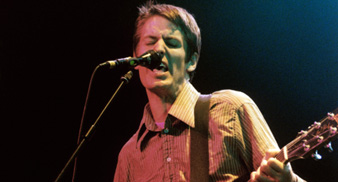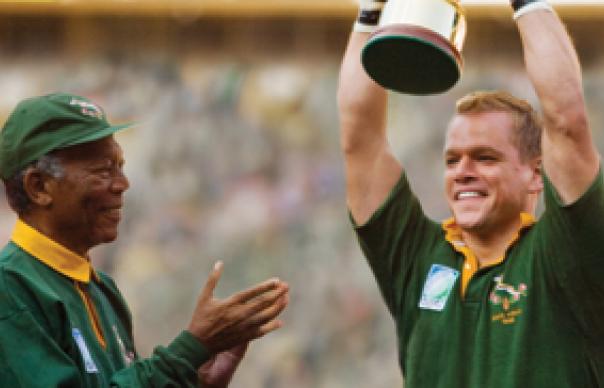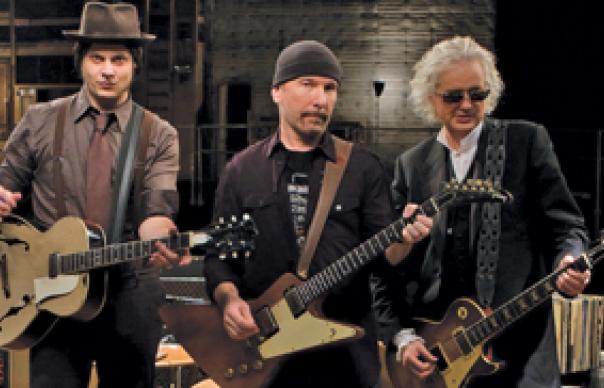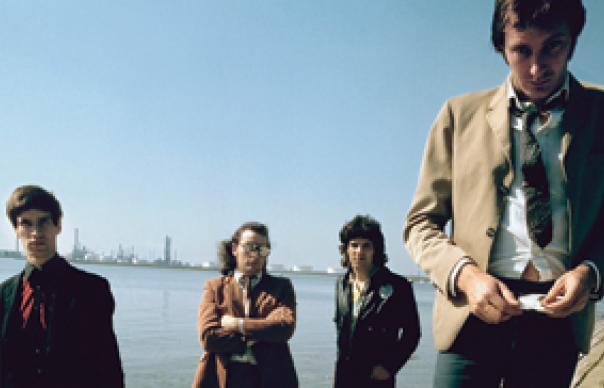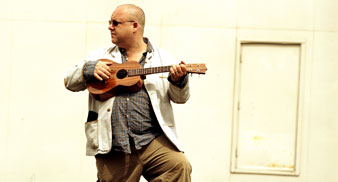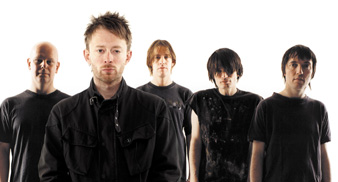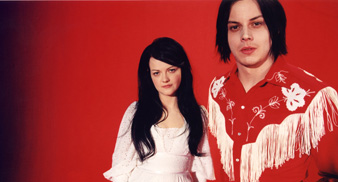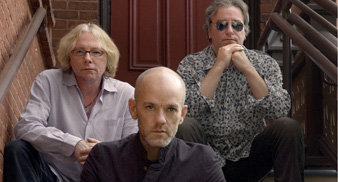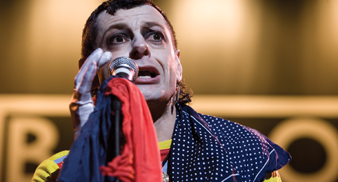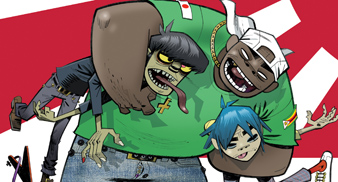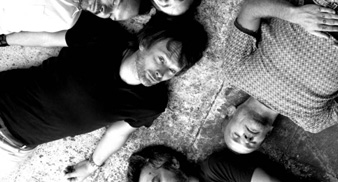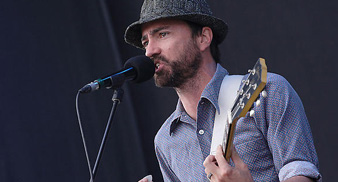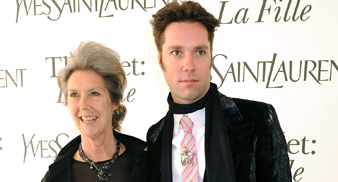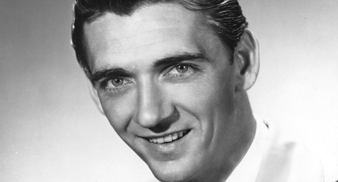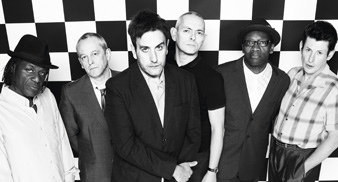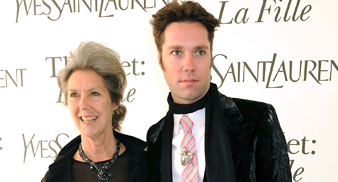The films Sex & Drugs & Rock & Roll, Nowhere Boy and Moon have each earned nominations for the 2010 Bafta Awards.
Moon, which is directed by David Bowie‘s son Duncan Jones is nominated in two categories – Outstanding British Film and Outstanding Debut By British Writer, Director Or Producer. Nowhere Boy, the Sam Taylor-Wood-directed film about the early life of John Lennon, is also up for those two categories, while Kristin Scott Thomas and Anne-Marie Duff from the film are nominated for Supporting Actress.
Meanwhile, Andy Serkis, who plays Ian Dury in the recently-released biopic of the Dury‘s life, Sex & Drugs & Rock & Roll, is nominated in the Leading Actor category, while the film also picked up a nod in the Music category.
The awards themselves take place at London‘s Royal Opera House on February 21.
The full list of nominations for the 2010 Bafta Awards are:
BEST FILM
Avatar
An Education
The Hurt Locker
Precious
Up In The Air
OUTSTANDING BRITISH FILM
An Education
Fish Tank
In The Loop
Moon
Nowhere Boy
OUTSTANDING DEBUT BY BRITISH WRITER, DIRECTOR OR PRODUCER
Lucy Bailey, Andrew Thompson, Elizabeth Morgan Hemlock, David Pearson (directors/producers): Mugabe and the White African
Eran Creevy (writer/director): Shifty
Stuart Hazeldine (writer/director): Exam
Duncan Jones (director): Moon
Sam Taylor-Wood (director): Nowhere Boy
DIRECTOR
James Cameron: Avatar
Neill Blomkamp: District 9
Lone Scherfig: An Education
Kathryn Bigelow: The Hurt Locker
Quentin Tarantino: Inglourious Basterds
ORIGINAL SCREENPLAY
Jon Lucas and Scott Moore: The Hangover
Mark Boal: The Hurt Locker
Quentin Tarantino: Inglourious Basterds
Joel Coen and Ethan Coen: A Serious Man
Bob Peterson and Pete Docter: Up
ADAPTED SCREENPLAY
Neill Blomkamp and Terri Tatchell: District 9
Nick Hornby: An Education
Jesse Armstrong, Simon Blackwell, Armando Iannucci and Tony Roche: In The Loop
Geoffrey Fletcher: Precious
Jason Reitman and Sheldon Turner: Up In The Air
FILM NOT IN ENGLISH LANGUAGE
Broken Embraces
Coco Before Chanel
Let The Right One In
A Prophet
The White Ribbon
ANIMATED FILM
Coraline
Fantastic Mr Fox
Up
LEADING ACTOR
Jeff Bridges: Crazy Heart
George Clooney: Up In The Air
Colin Firth: A Single Man
Jeremy Renner: The Hurt Locker
Andy Serkis: Sex & Drugs & Rock & Roll
LEADING ACTRESS
Carey Mulligan: An Education
Saoirse Ronan: The Lovely Bones
Gabourey Sidibe: Precious
Meryl Streep: Julie & Julia
Audrey Tautou: Coco Before Chanel
SUPPORTING ACTOR
Alec Baldwin: It’s Complicated
Christian McKay: Me and Orson Welles
Alfred Molina: An Education
Stanley Tucci: The Lovely Bones
Christoph Waltz: Inglourious Basterds
SUPPORTING ACTRESS
Anne-Marie Duff: Nowhere Boy
Vera Farmiga: Up In The Air
Anna Kendrick: Up In The Air
Mo’Nique: Precious
Kristin Scott Thomas: Nowhere Boy
MUSIC
Avatar
Crazy Heart
Fantastic Mr Fox
Sex & Drugs & Rock & Roll
Up
CINEMATOGRAPHY
Avatar
District 9
The Hurt Locker
Inglourious Basterds
The Road
EDITING
Avatar
District 9
The Hurt Locker
Inglourious Basterds
Up in the Air
PRODUCTION DESIGN
Avatar
District 9
Harry Potter and the Half-Blood Prince
The Imaginarium of Doctor Parnassus
Inglorious Basterds
COSTUME DESIGN
Bright Star
Coco Before Chanel
An Education
A Single Man
The Young Victoria
SOUND
Avatar
District 9
The Hurt Locker
Star Trek
Up
SPECIAL VISUAL EFFECTS
Avatar
District 9
Harry Potter and the Half-Blood Prince
The Hurt Locker
Star Trek
MAKE-UP & HAIR
Coco Before Chanel
An Education
The Imaginarium of Doctor Parnassus
Nine
The Young Victoria
SHORT ANIMATION
The Gruffalo
The Happy Duckling
Mother of Many
SHORT FILM
14
I Do Air
Jade
Mixtape
Off Searson
ORANGE RISING STAR (voted by public)
Jesse Eisenberg
Nicholas Hoult
Carey Mulligan
Tahar Rahim
Kristen Stewart
Latest music and film news on Uncut.co.uk.


